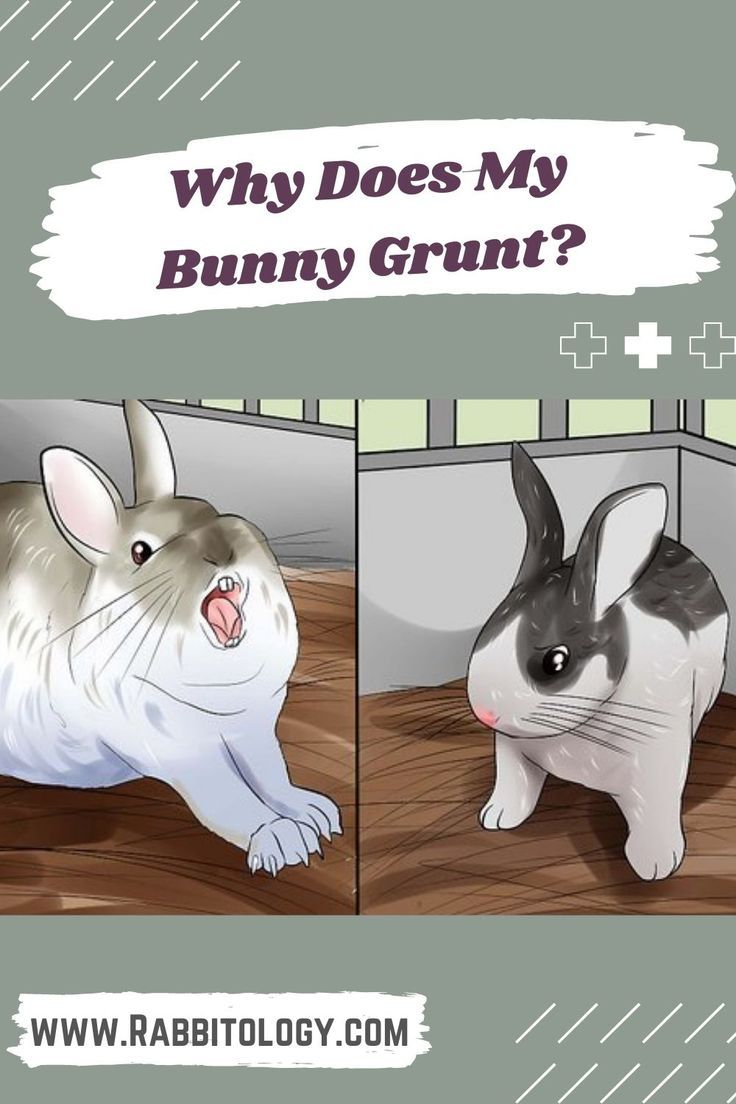Are you looking to learn more about Bunny Grunt? If so, you’ve come to the right place! This article will provide an overview of Bunny Grunt, a type of rabbit breed, and discuss various aspects of its characteristics, care, and behavior. We’ll also explore some of the most common questions people have about Bunny Grunt, such as what makes them different from other breeds, how to care for them, and why they make great pets. Finally, we’ll provide some tips for those looking to adopt their own Bunny Grunt. So, let’s dive in and learn all about rabbits!
What is Rabbit Grunting?
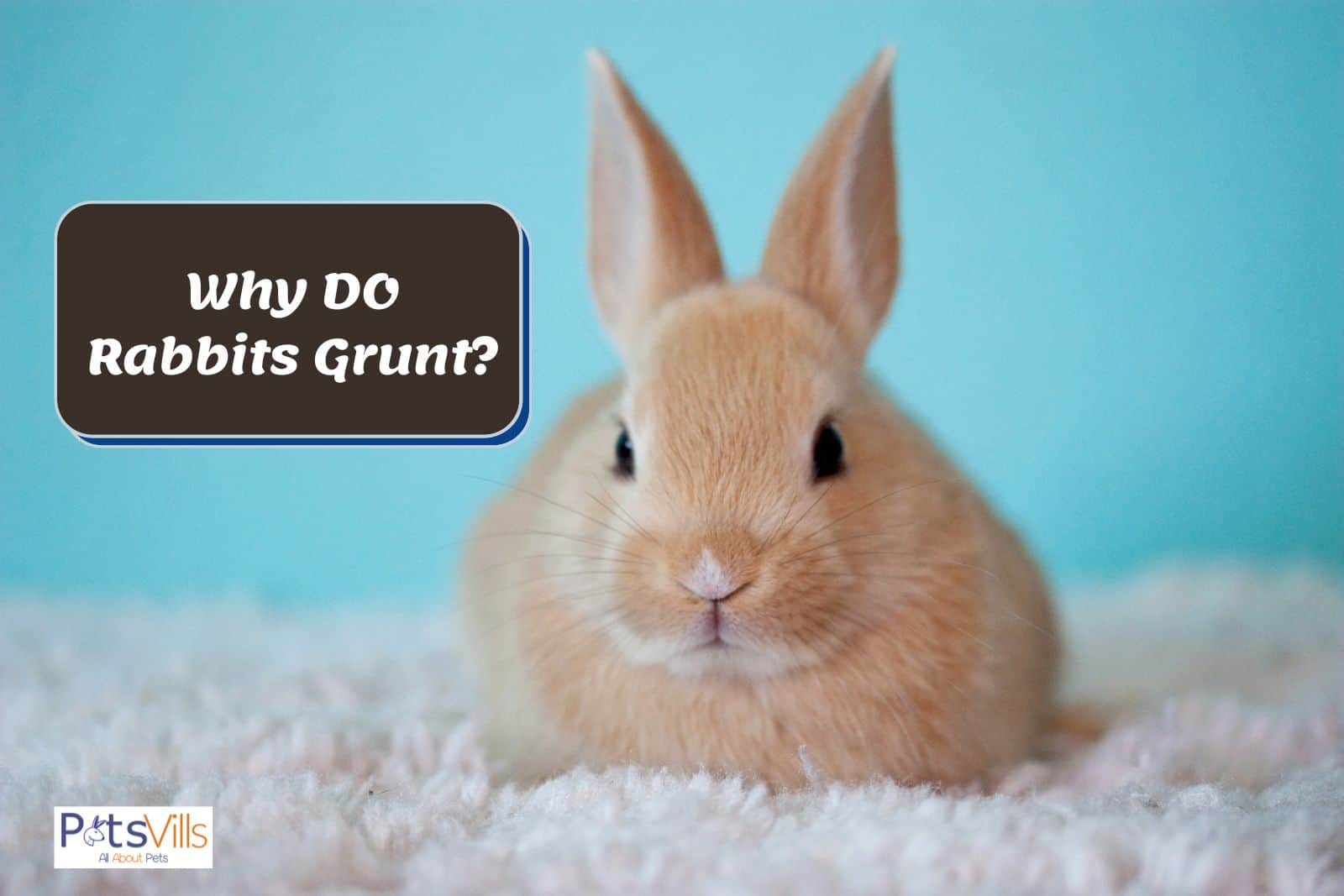
Rabbit grunting is a vocal sound made by rabbits. It is a low, rumbling sound and can be heard when a rabbit is content or agitated. The sound is made by air passing through the larynx and vibrating the vocal cords. It is often accompanied by a head bobbing motion.
Rabbit grunting is most commonly heard when a rabbit is content and happy, but it can also be a sign of aggression or fear. If a rabbit is feeling threatened, it may grunt to ward off a potential predator. It may also grunt when it is trying to assert dominance over another rabbit.
Why does my rabbit make a grunting noise?
Your rabbit may make a grunting noise for a variety of reasons. If your rabbit is content, it may be expressing its happiness. If it is feeling threatened, it may be trying to ward off potential danger. It may also be trying to assert dominance over another rabbit. If you notice your rabbit grunting, it is important to observe its body language and behavior to determine the cause of the noise.
What Does it Mean When a Bunny Grunts?
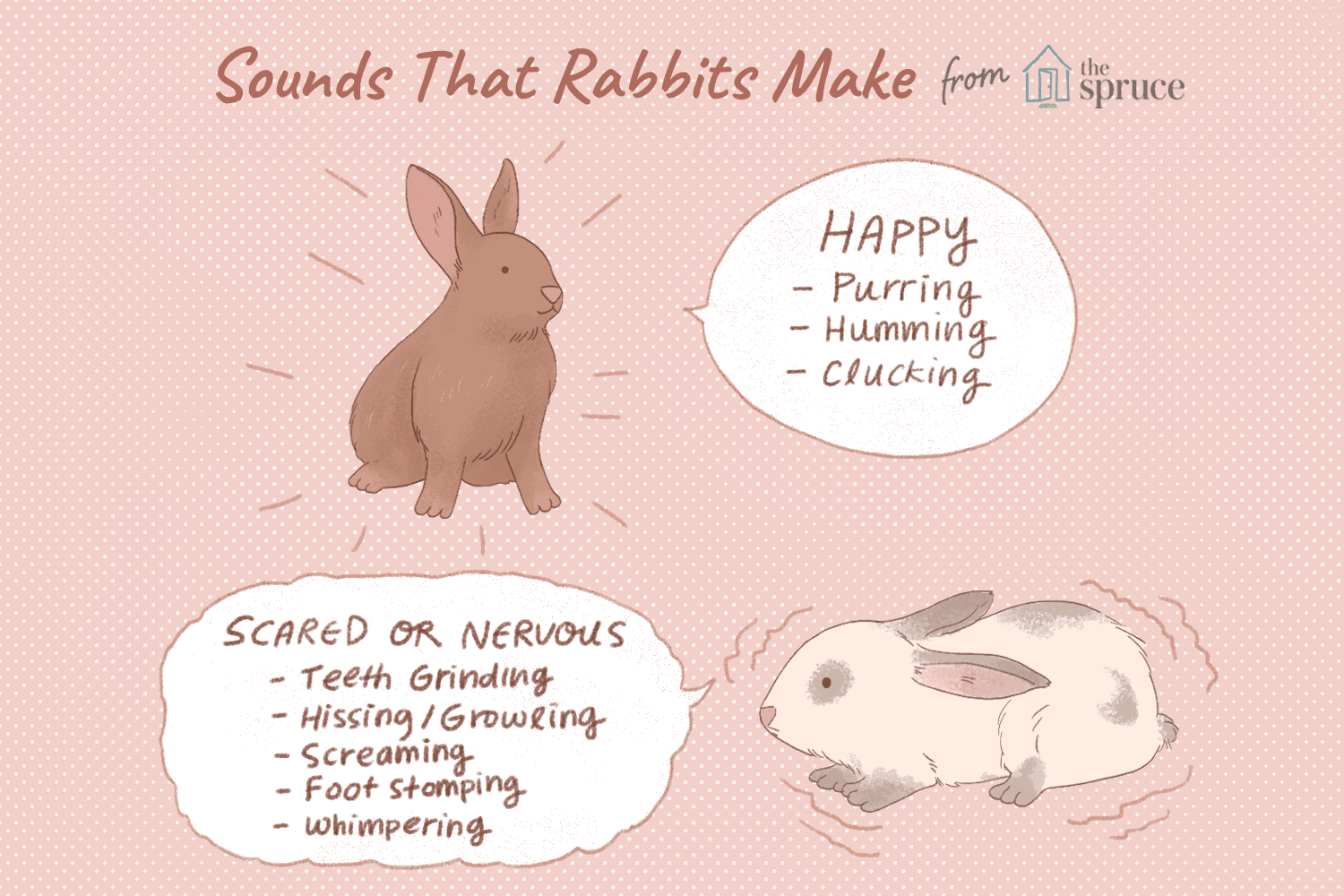
Grunt is a sound made by a rabbit when they’re feeling agitated or threatened. This noise is most commonly associated with rabbits when they are not happy with something or when they’re trying to show their dominance. Grunt can also be a sign of warning, and should be taken seriously.
Signs of a rabbit making grunting noises:
- Flattening their ears
- Growling or hissing
- Tail thumping
- Lunging forward
- Blowing air forcefully
When a rabbit is making this noise, it is best to give them some space and allow them to calm down. If the noise persists or if the rabbit appears to be in distress, it is best to take them to a vet for further assessment.
Grunt is a natural sound that rabbits make, and it is important to recognize this noise so that you can provide the best care for your rabbit.
Why Does My Rabbit Make a Grunting Noise?
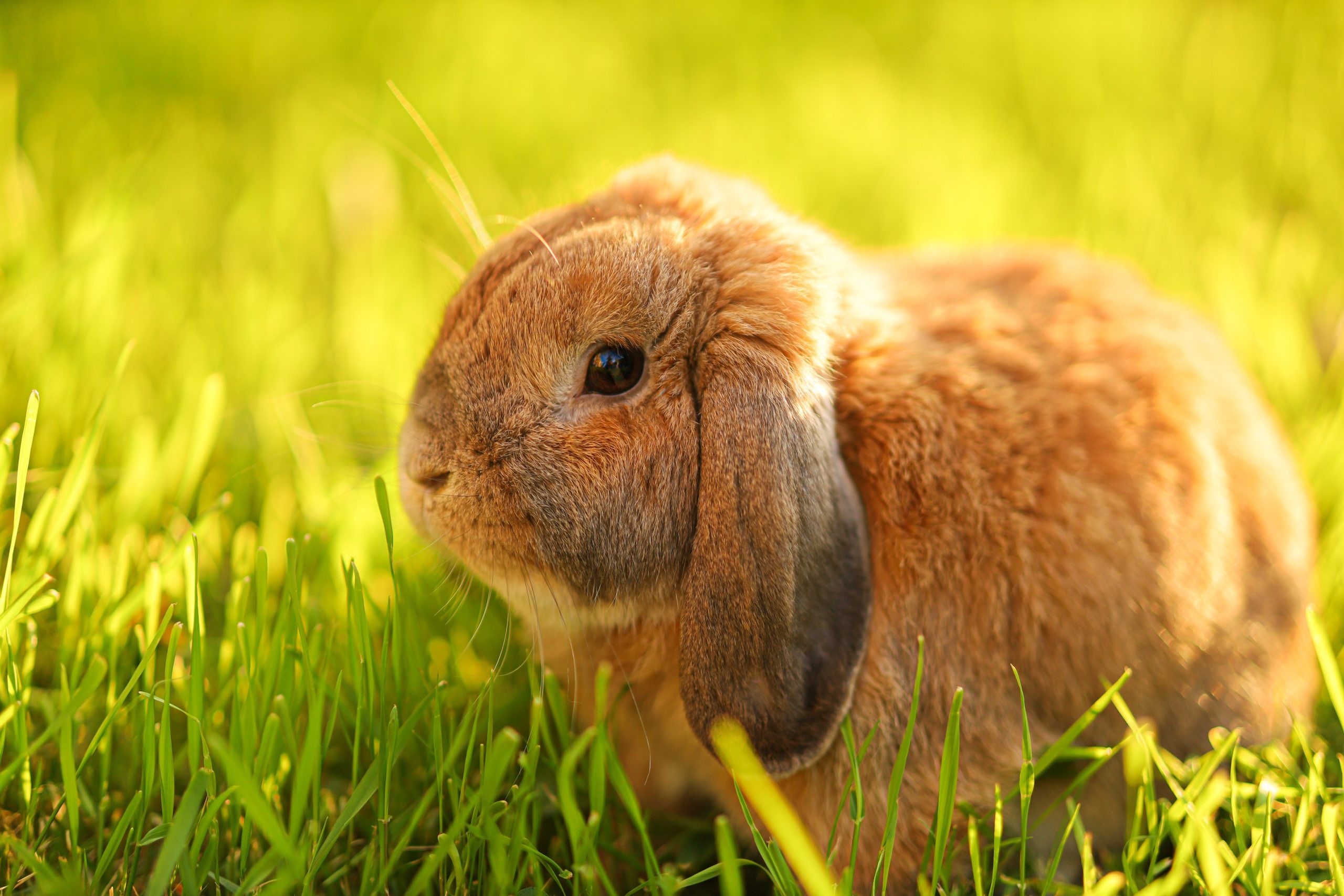
Rabbits typically make a grunting noise as a warning to other rabbits, or when they are feeling scared or threatened. Grunting is also a sign of aggression, and it can mean that your rabbit is feeling territorial. A rabbit may grunt if it is trying to defend its territory, or to communicate with another rabbit, such as a mate or a rival. Grunting is usually accompanied by thumping their hind feet, which is a sign of dominance.
Rabbits can also grunt when they are feeling content. A rabbit may make a happy grunt when they are being petted or when they are playing.
Sometimes, a rabbit may grunt when they are in pain or discomfort. This could be due to an injury, illness, or if they are feeling stressed. If your rabbit is grunting and showing other signs of pain or distress, it is best to take them to a vet for a check-up.
If your rabbit is grunting for no apparent reason, it could be a sign that they are bored or frustrated. Try giving them more toys and activities to keep them entertained, or try rearranging their environment to give them a change of scenery.
In conclusion, rabbits may grunt for a variety of reasons, including warning off other rabbits, feeling threatened, feeling content, or being in pain. If your rabbit is grunting for no apparent reason, it could be a sign of boredom or frustration.
Why Do Rabbits Grunt?
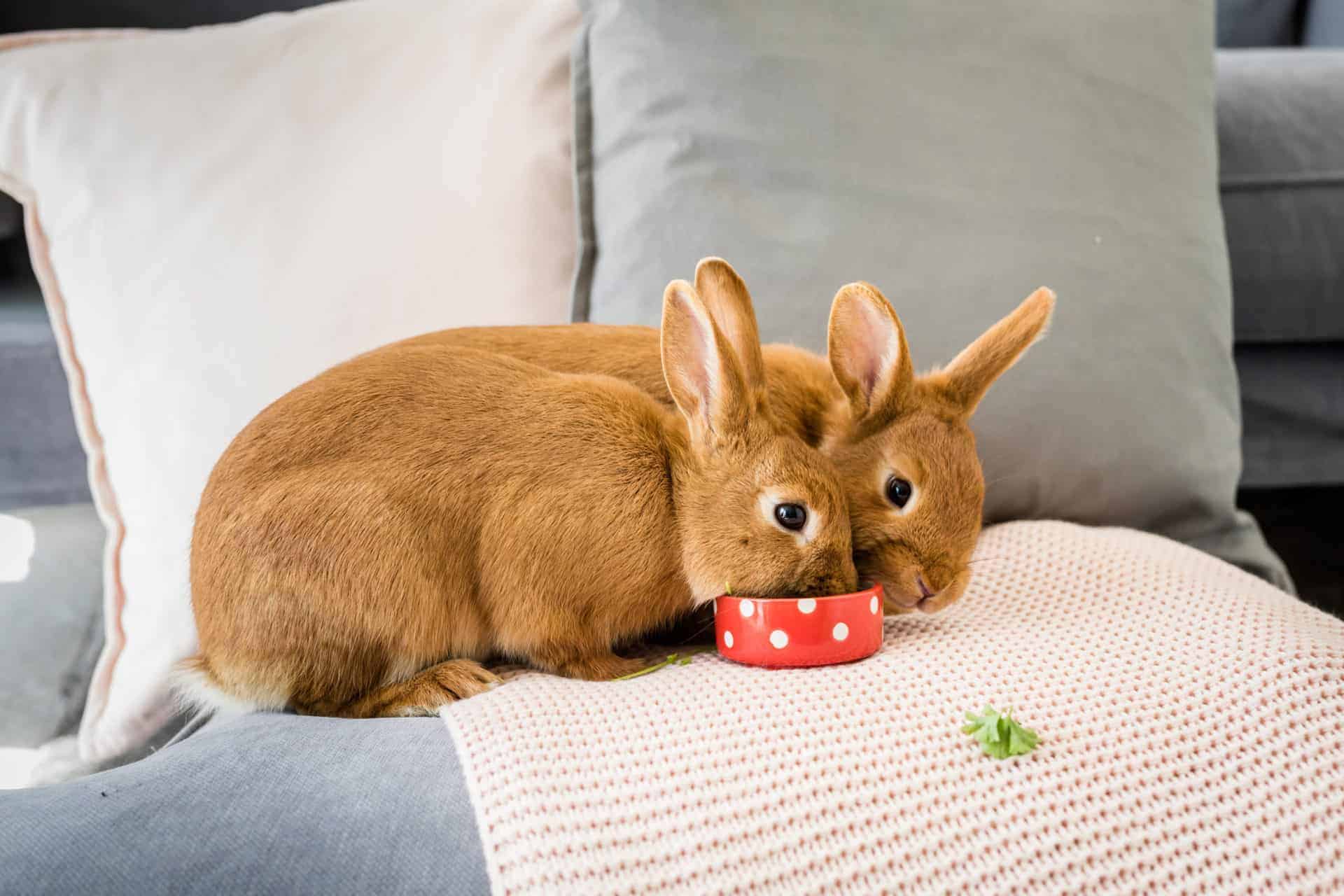
Rabbits are known to grunt, snort, and make other noises to communicate. Grunting is a common vocalization that rabbits make, usually when they’re feeling scared, uncomfortable, or threatened.
Why is my rabbit making grunting noises?
Rabbits grunt for a variety of reasons, including:
- When they are scared or startled
- When they are feeling threatened
- When they are uncomfortable or in pain
- When they want to be left alone
- When they are feeling aggressive
Grunting can also be a sign of dominance or territoriality. If your rabbit is grunting at another rabbit, it may be a sign that they are trying to assert dominance.
It’s important to pay attention to your rabbit’s body language when they are grunting. If your rabbit is hunched over, has its tail tucked under, and is growling, it may be a sign of aggression. If it seems scared or uncomfortable, it may be trying to communicate that it wants to be left alone.
In any case, it’s best to give your rabbit some space and avoid any physical contact until they are relaxed. Even if your rabbit is comfortable with handling and petting, it’s best to wait until it is in a relaxed state before touching it.
Overall, grunting is a normal behavior in rabbits and is usually a sign that they are feeling stressed or uncomfortable. Paying attention to your rabbit’s body language can help you understand why it is grunting and how to help it feel more relaxed and secure.
Reasons Why Rabbits Grunt
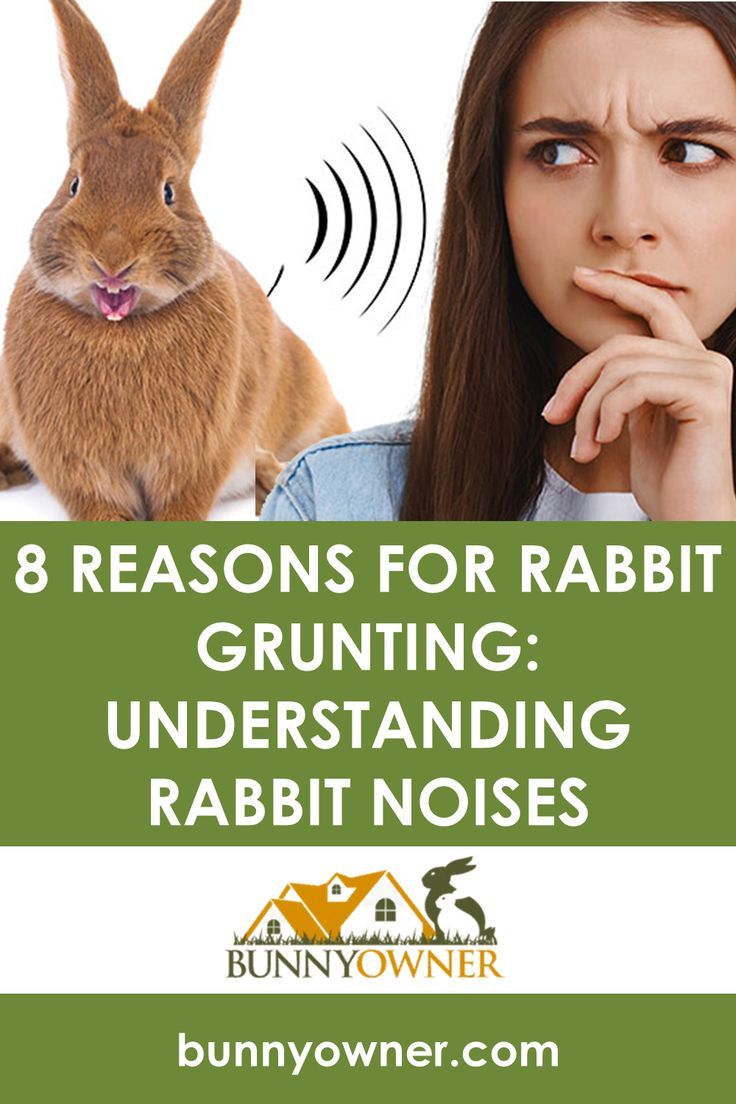
Territorial Grunting
Rabbits grunt for a variety of reasons, and one of the most common is territoriality. A rabbit may grunt to show their displeasure with another rabbit or animal entering their space, or to show dominance over another animal. Grunting can also be used as a warning sign to stay away.
Stress Grunting
Grunting can also be a sign of stress in rabbits. If your bunny is stressed, they may grunt as a way to let you know. Stress can be caused by a variety of things, such as loud noises, changes in environment, or a lack of mental stimulation. It is important to pay attention to your rabbit’s behavior and to identify the source of their stress.
Pain Grunting
Sometimes, a rabbit may grunt when they are in pain. If your bunny is grunting and you can’t figure out why, it may be a sign that they are in pain. It is important to take your bunny to the vet if this is the case, as they may be injured or have an underlying medical condition.
So, what does it mean when a bunny grunts? It could mean a variety of things, from territoriality to pain. Pay attention to your bunny’s behavior and environment to determine the source of their grunting.
How to Respond When Your Rabbit Grunts
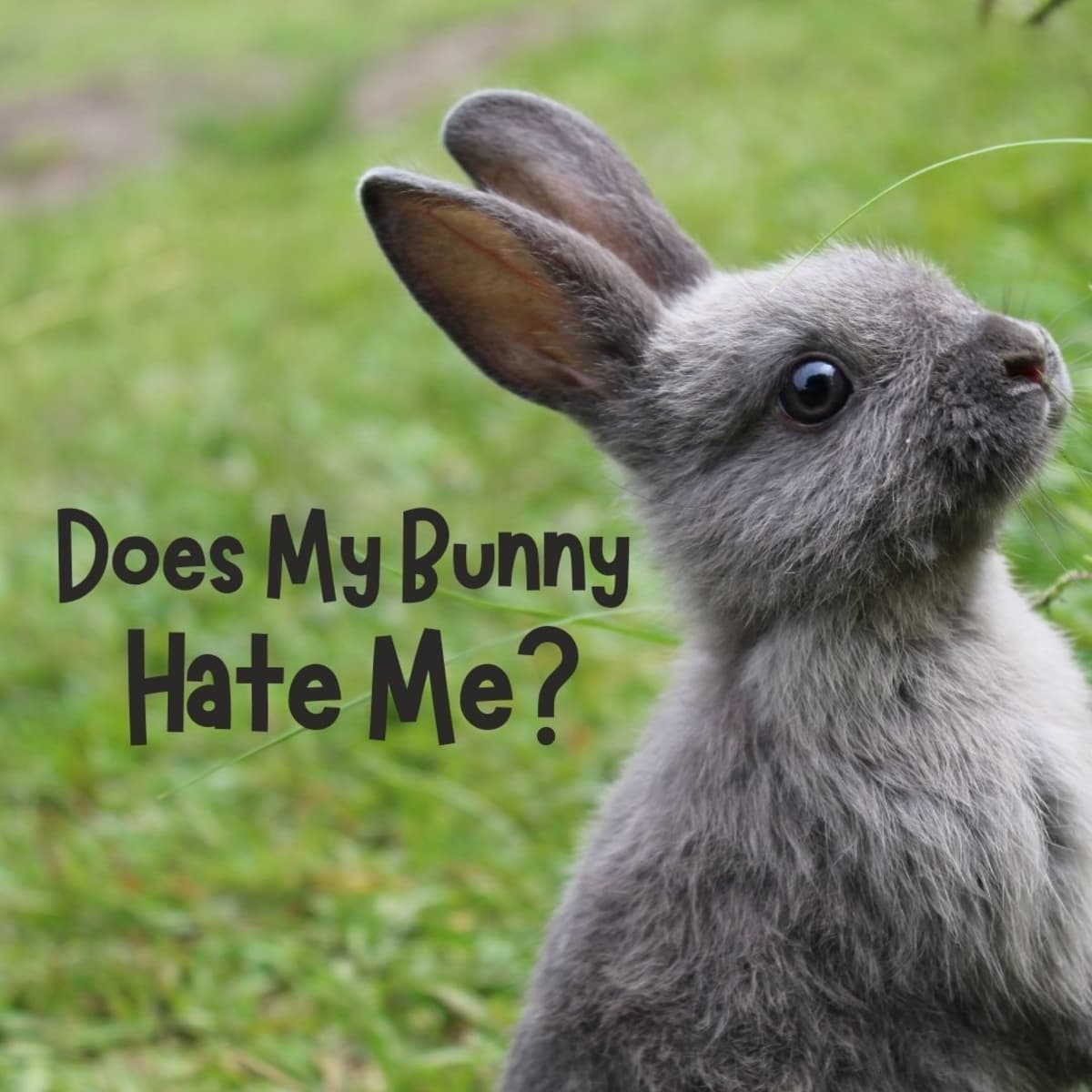
- Understand why your rabbit grunts. Rabbits grunt when they feel threatened or agitated. It’s a form of communication that helps them let off steam and express their feelings. If your rabbit is grunting, it’s likely that they feel uncomfortable or stressed. Try to identify the cause and remove it if you can.
- Give them space. Once you’ve identified the cause of your rabbit’s grunts, it’s important to give them some space. Allow your rabbit to take some time to relax and calm down. This will help them feel more comfortable and reduce their stress levels.
- Do not punish your rabbit. Never punish your rabbit for grunting. It’s a natural behavior that’s simply a way for them to express their feelings. Punishment will only make them more stressed and could result in aggressive or destructive behaviors.
- Provide plenty of enrichment. If your rabbit is grunting out of boredom, then it’s important to provide them with plenty of enrichment. Make sure they have plenty of toys and activities to keep them entertained. This will help reduce their stress levels and improve their overall well-being.
- Talk to your rabbit. If your rabbit is grunting at you, try talking to them in a soft, calming voice. This will help them understand that you’re not a threat and that they can trust you. This can help reduce their stress levels and make them more comfortable.
When your rabbit grunts at you, it can often be confusing and worrying. But why does my rabbit grunt at me? Knowing how to respond to your rabbit’s grunts will help you understand their behavior and is important for your rabbit’s well-being. By following the above tips, you can help make sure your rabbit is happy and healthy.
How to Determine if Your Rabbit is Grunting Out of Fear
- Bunny’s body language: Pay attention to your rabbit’s body language. If your rabbit is crouching down, ears lying flat, and eyes wide, it is likely that your rabbit is fearful.
- Vocalizations: Fearful rabbit grunts often sound different than normal rabbit grunts. Fearful grunts are usually louder, higher-pitched, and more frequent than normal grunts.
- Other behaviors: Fearful rabbits may try to hide or run away. They may also bite, scratch, or thump their feet in fear.
If you observe any of these signs, it is likely that your rabbit is feeling scared or anxious. If your rabbit is displaying fearful behaviors, it is important to assess the situation and remove any potential sources of fear or stress.
Frequently Asked Questions
What are the Most Common Types of Rabbits?
- Lop-eared rabbits – These are medium-sized rabbits with distinctive lop-ears that hang down the sides of their head. They come in a variety of colors, including black, brown, white, and gray. They are known for their gentle and friendly nature, and they can live up to 10 years.
- Holland Lop rabbits – These are small, lop-eared rabbits that have a short, dense coat. They are known for their friendly personality, and they can live up to 8 years. They come in a variety of colors, including black, white, brown, and gray.
- Mini Rex rabbits – These are small to medium-sized rabbits with a short, dense coat. They are known for their friendly personality, and they can live up to 8 years. They come in a variety of colors, including black, white, brown, and gray.
- Flemish Giant rabbits – These are large rabbits with a long, dense coat. They are known for their friendly personality, and they can live up to 10 years. They come in a variety of colors, including black, white, brown, and gray.
- Dutch rabbits – These are small to medium-sized rabbits with a short, dense coat. They are known for their friendly personality, and they can live up to 8 years. They come in a variety of colors, including black, white, brown, and gray.
What is the Best Way to Care for a Rabbit?
Rabbits require special care in order to stay healthy and safe:
- Provide a large hutch or cage for the rabbit to live in, and ensure that it is made of non-toxic materials.
- Ensure the cage is kept clean and dry to prevent the development of any health problems, as well as making sure the rabbit has access to fresh water, hay and vegetables.
- Allow the rabbit to exercise and play, either in the house or in a fenced-in outside run.
- Regularly groom and brush your rabbit to maintain its coat and prevent any hairballs.
- Get your rabbit spayed or neutered to prevent any unwanted pregnancies and health issues.
- Make sure your rabbit has plenty of toys and activities to keep it entertained, such as a running wheel, tunnels, and chew toys.
- Visit your veterinarian regularly to ensure your rabbit is healthy and up-to-date on vaccinations.
Following these steps will help keep your rabbit happy and healthy for years to come.
How often do rabbits need to be groomed?
Rabbits need regular grooming to stay healthy and comfortable. Not all rabbits groom themselves, so manual grooming is necessary. The frequency of grooming depends on the type of rabbit, the length of its coat, and the environment.
- Long-haired rabbits: Long-haired rabbits require daily grooming to keep their coats from becoming tangled or matted. Brush the coat with a soft bristled brush, working from head to tail.
- Short-haired rabbits: Short-haired rabbits need to be groomed at least once a week. Brush their coat with a soft bristled brush, working from head to tail.
- Hot or humid climates: Rabbits living in hot or humid climates should be groomed more frequently to prevent them from over-heating and becoming uncomfortable.
- Dirty cages: Rabbits living in dirty cages should be groomed more often to keep them clean and free of parasites.
- Shedding season: During shedding season, rabbits should be groomed more often to help remove the excess fur and keep their coats healthy.
Regular grooming helps keep your rabbit healthy and comfortable. It also helps prevent tangles and mats while keeping your rabbit’s coat clean and parasite-free.
How do I know if my rabbit is happy and healthy?
Signs of a Healthy Rabbit:
- Thick, glossy fur.
- Firm, round body.
- Bright eyes with no discharge.
- Alert and curious.
- Clean and dry bottom.
- Strong and clean scent.
- Groomed and clean.
- Regular bowel movements.
- Alert and active, able to hop and jump.
- No lumps or bumps.
Signs of a Happy Rabbit:
- Relaxed body posture.
- Interacting with its environment.
- Lying down, stretching, and playing.
- Eager to be petted and handled.
- Enjoying treats and games.
- Binkying and hopping.
- Grooming itself and other rabbits.
- Vocalizing softly.
- Socializing with its humans.
If your rabbit is exhibiting these signs of health and happiness, then you can be sure that your furry friend is in good shape!
What types of food should I feed my rabbit?
Rabbits are herbivores and their diet should consist of:
- Hay – Hay should make up the majority of your rabbit’s diet. Choose a high-fiber hay such as timothy or oat hay. Alfalfa hay is also good but should only be given to younger rabbits as it’s higher in calories.
- Greens – Offer your rabbit a variety of fresh vegetables and herbs such as kale, parsley, cilantro, and bok choy. Avoid starchy vegetables like potatoes and corn. Dark leafy greens are the most nutritious.
- Fruits – Offer your rabbit small amounts of fruits as a treat. Apples, bananas, and melon are all popular choices.
- Pellets – Complement your rabbit’s diet with a small amount of pellets. Choose a brand specifically designed for rabbits and follow the feeding guidelines on the package.
Always make sure to provide fresh, clean water for your rabbit. Avoid processed or sugary treats and avoid feeding your rabbit anything from the wild, as it may contain parasites or bacteria.
Conclusion
The Bunny Grunt is an important and distinctive sound that is used by rabbits to communicate their emotions and intentions. It is a useful and interesting behavior that can help us better understand the behavior of rabbits and their needs. By understanding this sound, we can better understand and interact with rabbits in a way that is beneficial for both them and us.
